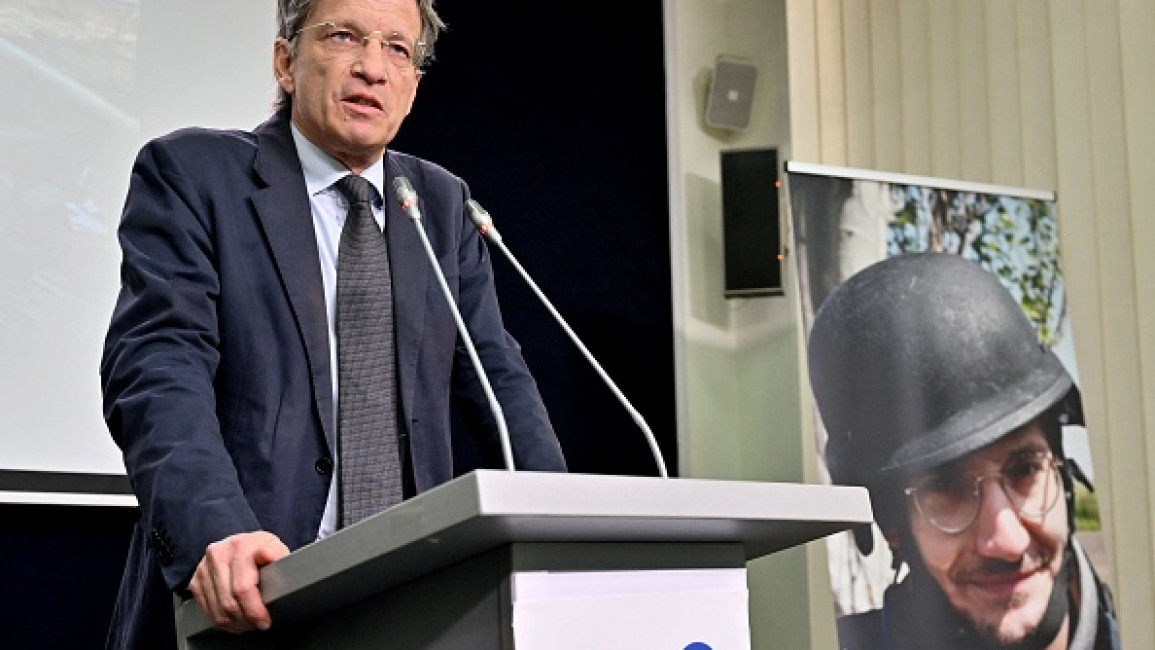AFP denies bias over Israel-Gaza war at Senate hearing
AFP's CEO, Fabrice Fries, rejected Tuesday any claims of bias in its coverage of Israel's war on Gaza, saying some of the allegations made against the agency were "outrageous".
Fries and AFP global editor Phil Chetwynd were questioned by a Senate committee amid widespread debate in France over its coverage since October 7.
The agency has been particularly criticised for its policy of not using the word "terrorist" without attribution to describe militant groups.
"AFP takes accusations of bias very seriously," Fries told the Senate culture, education and communication committee.
But he said some of the accusations of pro-Palestinian bias were "outrageous".
"They are not just comments from a TV debate, since an elected representative of the republic, a deputy, has taken them up as his own," said Fries.
One right-wing lawmaker, Meyer Habib, wrote on X (formerly Twitter) that "anti-Semitism" could "sometimes" be found at AFP.
Fries said the ban on using the word "terrorist" without attribution mirrored the policy at other global news agencies AP and Reuters, due to the politically-charged and often imprecise use of the word.
"This rule has been in place for more than 20 years and applies to all movements, without exception," he said.
Chetwynd said the policy was also "to protect our teams on the ground".
"The moment we start describing the Taliban, for example, as terrorists, we put a target on the back of all our journalists over there and we have to close the bureau. I could say the same for many places," Chetwynd said.
AFP has also been criticised in France for failing to write an article in French immediately after the Israeli government screened images on October 23 of the events of Hamas surprise attack.
Chetwynd said that journalists inevitably made errors of judgement on occasion and that this could have been handled differently.
But he said AFP had itself published many "atrocious" images from the scene of the massacres on October 7 itself, and published many violent photos and videos sourced from the Israeli authorities, adding that the screening on October 23 was primarily for foreign reporters who had arrived after the attack.

![Palestinians mourned the victims of an Israeli strike on Deir al-Balah [Getty]](/sites/default/files/styles/image_684x385/public/2024-11/GettyImages-2182362043.jpg?h=199d8c1f&itok=xSHZFbmc)


![The law could be enforced against teachers without prior notice [Getty]](/sites/default/files/styles/image_684x385/public/2178740715.jpeg?h=a5f2f23a&itok=hnqrCS4x)
 Follow the Middle East's top stories in English at The New Arab on Google News
Follow the Middle East's top stories in English at The New Arab on Google News

![Left-wing candidate Jill Stein campaigns in Michigan in October [Getty]](/sites/default/files/styles/image_330x185/public/2024-11/GettyImages-2176828619.jpg?h=199d8c1f&itok=h2FXzBuP)
